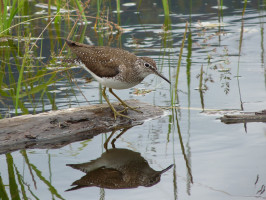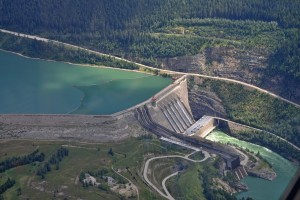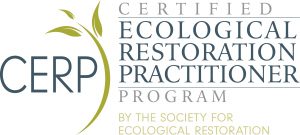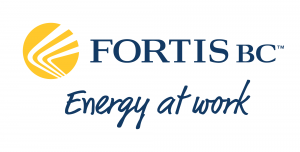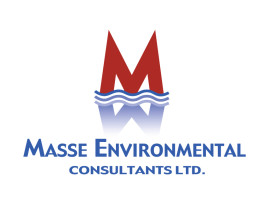Regulated Rivers II: Science, Restoration, and Management of Altered Riverine Environments
- Start Date: May 08, 2019
- End Date: May 09, 2019
- Time: 9 am - 5 pm
- City: Nelson, BC
- Venue: Prestige Lakeside Resort and Convention Centre
- Proceedings document now available! See below for link to download.
Event Proceedings
A summary of event presentations can be found in this document.. Please feel free to share this with others.
Conference description
Regulated waterways provide important services such as flood regulation, power generation with low greenhouse gas emissions, and energy storage. Nevertheless, the damming and regulation of rivers incurs ecological costs via the operation of reservoirs and alteration of downstream flows, combined with the often permanent loss of valley bottom habitat. Regulation affects both upstream (reservoir) and downstream environments, and does so at a range of scales. An increase in smaller hydro-electric (i.e. run-of-river) projects has led to a spike in research around their unique impacts, and many of these projects are concluding their 5-10 year monitoring programs. Several multi-year studies on large reservoir systems (e.g., Arrow Lakes and Kinbasket) in the Columbia River basin are also now nearing completion and these results may play a role in determining future operational scenarios under the Columbia River Treaty. Despite their large footprints, considerable ecological function remains in these regulated systems. The wealth of research that continues to emerge increases our understanding of ecosystem processes within regulated rivers with the potential to mitigate footprint and operational impacts to plants, fish, and wildlife.
This 2019 conference, which was a follow-up to the 2015 “Regulated Rivers: Environment, Ecology and Management” conference held in Castlegar, provided a platform for the dissemination of findings to peers, First Nations, stakeholders, students, and community members from studies nearing completion or were completed since 2015.
Through a keynote address, 2 days of presentations, a poster session, and networking opportunities, this conference provided a cutting-edge opportunity for scientists and managers to share results of recent research on regulated river environments, processes, and operations in the Pacific Northwest and elsewhere.
Keynote speaker:
Eva began her career in the late 80s working for Fisheries and Oceans Canada as a freshwater researcher (specifically food web interactions) in Northwestern Ontario and Winnipeg, Manitoba. She has also worked in the arctic for two summers and in Bella Coola, BC. Currently living in Nelson, BC, Eva is a Resource Manager for the Province of BC (Ministry of Forests, Lands, Natural Resource Operations and Rural Development), working along with her teams on ecosystem restoration, compensation projects and habitat related items throughout the Columbia Region.
Eva gave an overview of hydroelectric impacts to aquatic and terrestrial ecosystems in the Columbia Region and restoration/compensation strategies that can be used to mitigate the impacts. This talk was free and open for all to attend.
This conference has been approved by the Society for Ecological Restoration (SER) as a for-credit course! Students will earn 7 continuing education credits with SER’s Certified Ecological Restoration Practitioner (CERP) program.
Our event partners and sponsors
Columbia Mountains Institute is pleased to work with these agencies in hosting this event: Associated Environmental Consultants, LGL Limited, Okanagan Nation Alliance, and Selkirk College.
We give thanks to the following organizations for their financial support of this event: Columbia Basin Trust, FortisBC, Columbia Power, Masse Environmental Consultants Ltd. and Wood.

